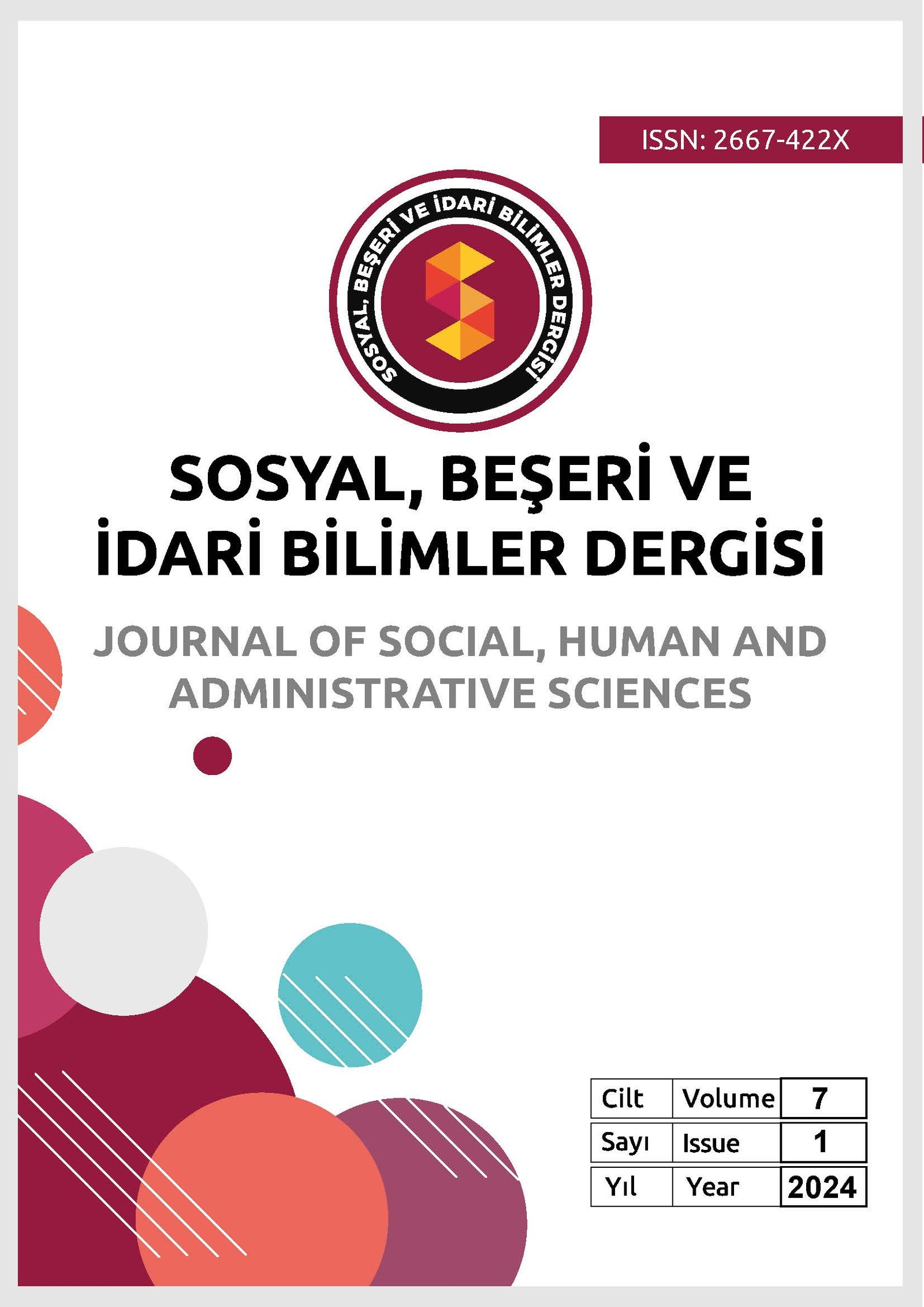Güvensiz Bağlanma Yönelimlerinin Algılanan Partner Duyarlılığı ile İlişkisinde Romantik Anıların İşlevlerinin Aracılık Etkisi
##plugins.themes.bootstrap3.article.main##
Özet
Bebeklik döneminden itibaren temelleri atılan bağlanma yönelimlerinin kişinin yetişkinlik dönemi ilişkilerinde önemli bir rol oynadığı bilinmektedir. Alanyazındaki çalışmalar güvensiz bağlanma yönelimine sahip kişilerin partnerlerini kendilerine karşı daha duyarsız olarak değerlendirdiklerini ortaya koymaktadır. Mevcut çalışmada, güvensiz bağlanma yönelimlerinin algılanan partner duyarlılığı üzerinde olumsuz etkisinin romantik olaylara dair otobiyografik anıların işlevselliği aracılığında incelenmesi amaçlanmaktadır. Bu amaçla 282 kişilik bir örnekleme sırasıyla Yakın İlişkilerde Yaşantılar Envanteri, Algılanan Partner Duyarlılığı Ölçeği ve Hayat Deneyimleri Hakkında Düşünme Ölçeği uygulanmış, regresyon analizi sonuçları alanyazındaki pek çok araştırma ile tutarlı olarak hem kaygılı hem kaçınmacı bağlanma yöneliminin algılanan partner duyarlılığındaki düşüşü yordadığını ortaya koymuştur. Aracılık analizi sonuçları, kaygılı bağlanma yöneliminin romantik olayların sosyal, benlik ve yönlendirici işlevleriyle kullanımını artırdığını ve işlevlerin kullanımın arttıkça algılanan partner duyarlılığının da yükseldiğini ortaya koymaktadır. Kaçınmacı bağlanma yöneliminin ise romantik anıların işlevselliği üzerinde anlamlı bir etkisinin olmadığı, güvensiz bağlanma yönelimleri ile algılanan partner duyarlılığı arasındaki ilişkide aracı bir etkiye sahip olmadığı bulgulanmıştır. Bu çalışma birinci yazarın doktora tezine dayanmaktadır ve TÜBİTAK 2214-A Yurtdışı Doktora Sırası Araştırma Burs Programı tarafından desteklenmiştir. Destekleri için TÜBİTAK’a teşekkür ederiz.
##plugins.themes.bootstrap3.article.details##

Bu çalışma Creative Commons Attribution 4.0 International License ile lisanslanmıştır.

